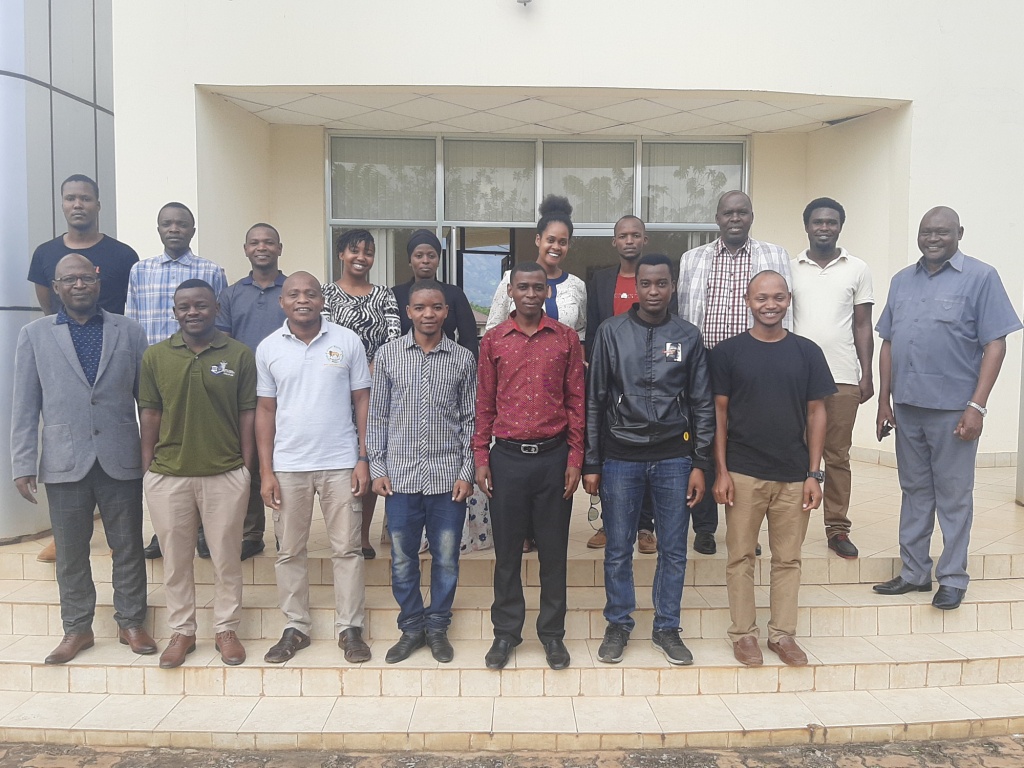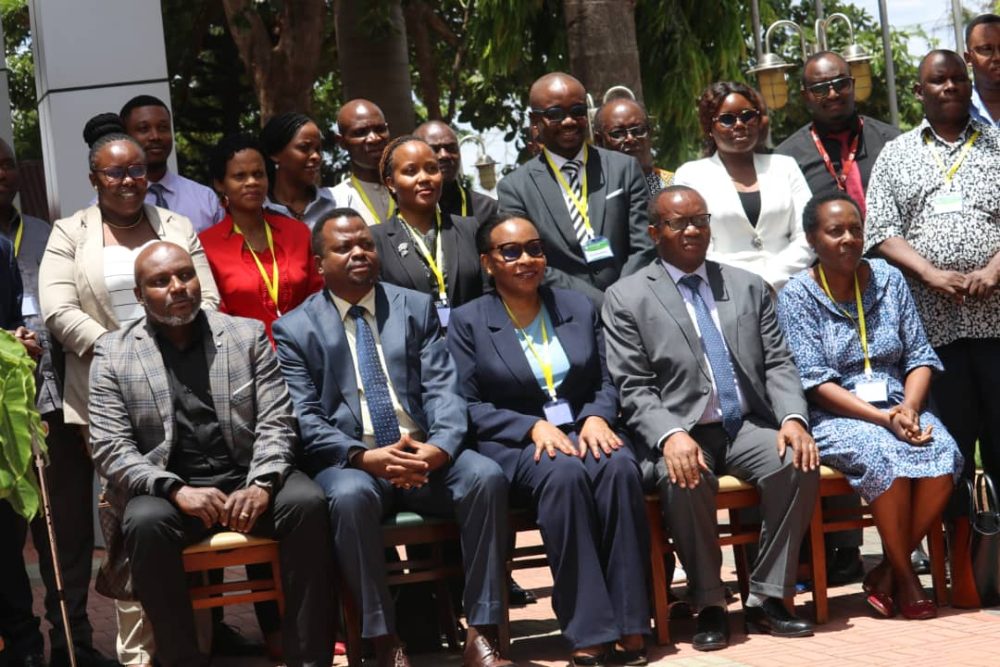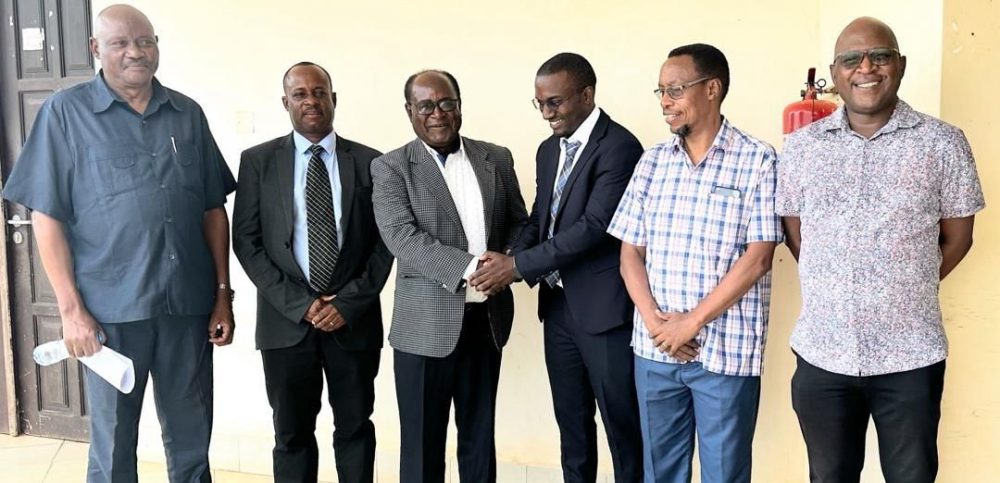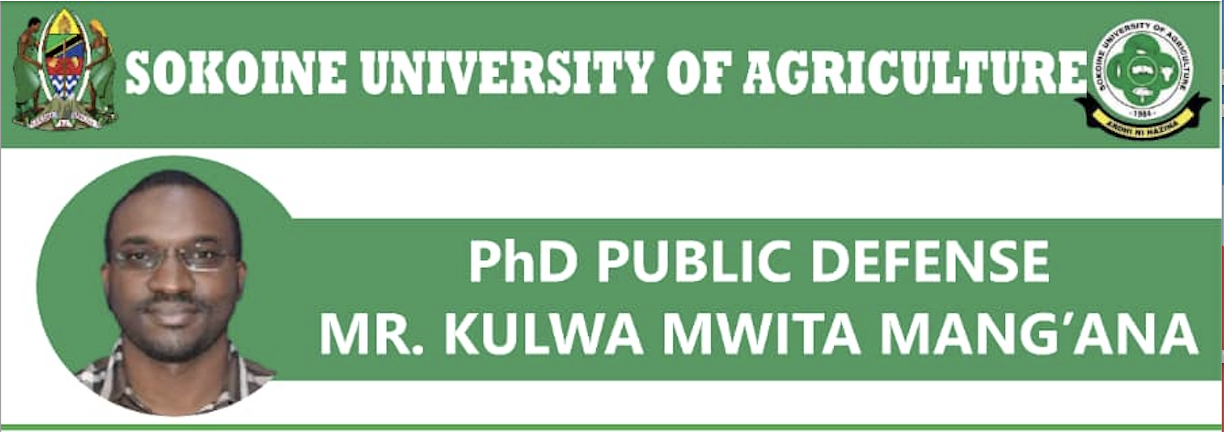CAMERA TRAPPING TRAINING FOR WILDLIFE RESEARCH AND CONSERVATION
Three-day training on camera trapping was conducted at the School of Agricultural Economics and Agribusiness (SAEB) from 30th June to 2nd July 2020as part of capacity building activities of the Trade, Development and Environment (TRADE) Hub project. The Hub aims to make sustainable trade a positive force in the world by focusing on the impact of the trade of specific goods and seeking solutions to these impacts. It is financed through the Global Challenges Research Fund (GCRF), a UK Research and Innovation (UKRI) Collective Fund and works with over 50 partner organisations from 15 different countries.
The aim of the training was to build the capacity of participants to utilise camera traps for estimating animal density and occupancy probability, particularly for wildlife research and conservation. The training covered different aspects, including the analysis of home range, camera trapping principles, Capture Mark Recapture, Spatial Explicit Capture-Recapture, and occupancy modelling, just to mention few.
The training commenced with a welcoming speech from the TRADE Hub Country Lead, Prof. Reuben M.J. Kadigi of the Department of Food and Resource Economics, COEBS, Sokoine University of Agriculture (SUA) before introducing the facilitator, Mr. Michael Kimaro from Groningen University in the Netherlands.

Prof. Reuben M.J. Kadigi, the TRADE Hub Country Lead, introducing the facilitator, Mr. Michael Kimaro, to the training participants
The training covered both theoretical-practical sessions to provide the participants with key knowledge and skills in camera trapping, including camera setting and placing, checking and retrieving cameras, data recording and automated image preparation and management.

Dr. Charles P. Mgeni, a TRADE Hub Researcher from the Department of Agricultural Economics and Agribusiness, Sokoine University of Agriculture (second left) demonstrating the procedure for camera setting



